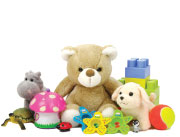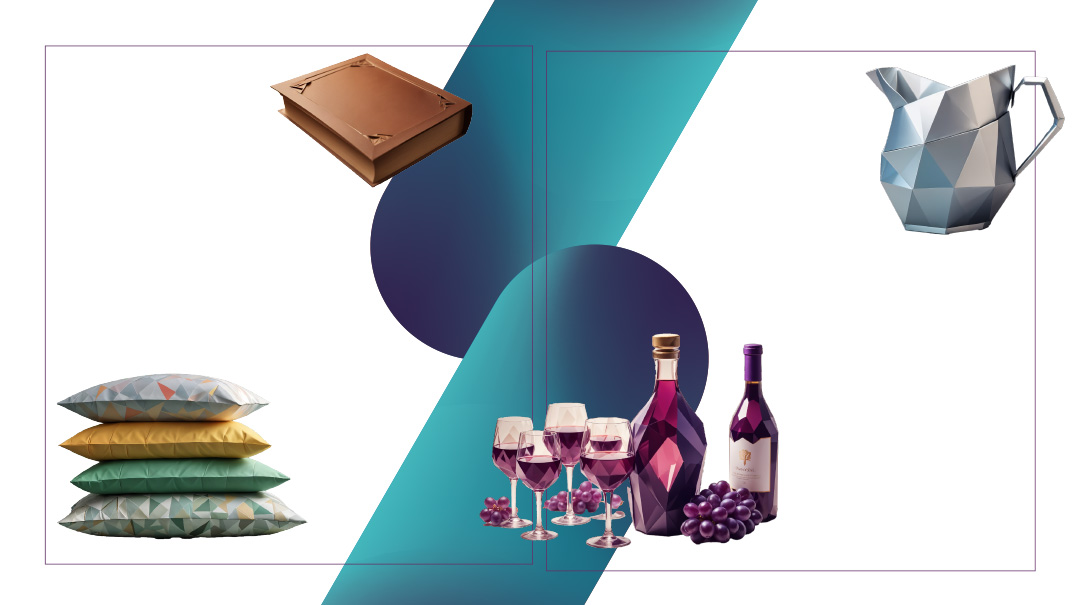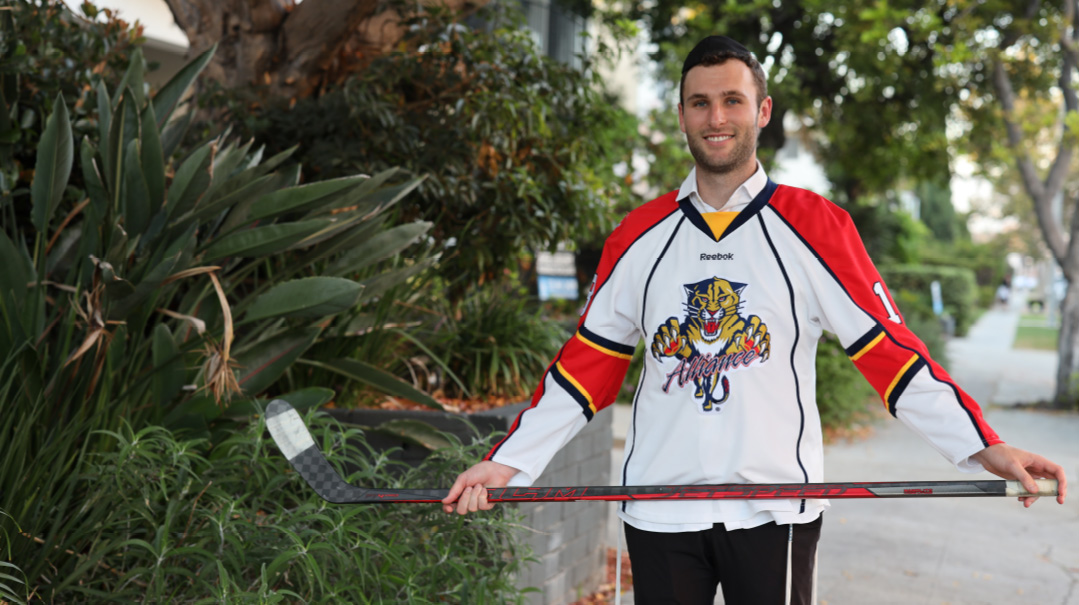Less Motion More Devotion


Photo: Shutterstock
The weather is cooling down the school bell ringing and everyone is sharing recipes for honey cookies and raisin challah. That feeling of freshness and rejuvenation is in the air and — like every year — we want everything to be just right: a clean and organized kitchen for the upcoming cooking marathons orderly backpacks nutritious lunches homework completed every night as well as a productive year all around for ourselves our families and friends.
As Yom Hadin approaches we become more attuned to the ruchniyus in our lives as well. We want to find more time to daven to review halachos to work on improving our middos tzniyus or kavanah.
We start out with such strong ambition — there is so much on our mental to-do lists so much we want to accomplish so much we want to succeed at. And with our “instant messaging” mentality we want to get it all done right now. Yet how many of these tasks or accomplishments actually get crossed off the list? Even if they do how long does our resolve last? Unfortunately for many of us positive changes fade away with the scent of the sechach.
Keep it Simple
Thankfully there is a powerful solution that will simplify your way to success in both your physical goals and your ruchniyus aspirations — and it’s not complicated or difficult. In my experience as a home management consultant helping women work on various aspects of their homes and lives I’ve seen that implementing the following organizational concept can profoundly change not only the running of your home but also the ruchniyus of your home.
This simple solution well known among professional organizers is called motion-mindedness. To be motion-minded means minimizing the number of motions it takes to implement any given task. The more motions it takes to reach something or return something to its place the less likely you are to do it.

Despite what many think I firmly believe that none of us are lazy. Our homes simply have to be set up in a motion-minded way to make things happen. Here’s an example: if you stack your set of 12 dishes under 12 bowls you will need a few motions and two hands every time you want to reach a dish. This can lead you to subconsciously choose to use paper goods instead. It also means that more often than not you won’t have energy to put the clean dishes away since it takes too many motions and is too much of an effort.
However if you arrange your dishes in a more motion-minded way — inserting a dish separator onto your shelf and removing extra dinnerware you rarely use — your entire kitchen experience changes for the better. You’ll wash dishes more often cleanup will be easier and mealtime will be more pleasurable.
Oops! We could not locate your form.







